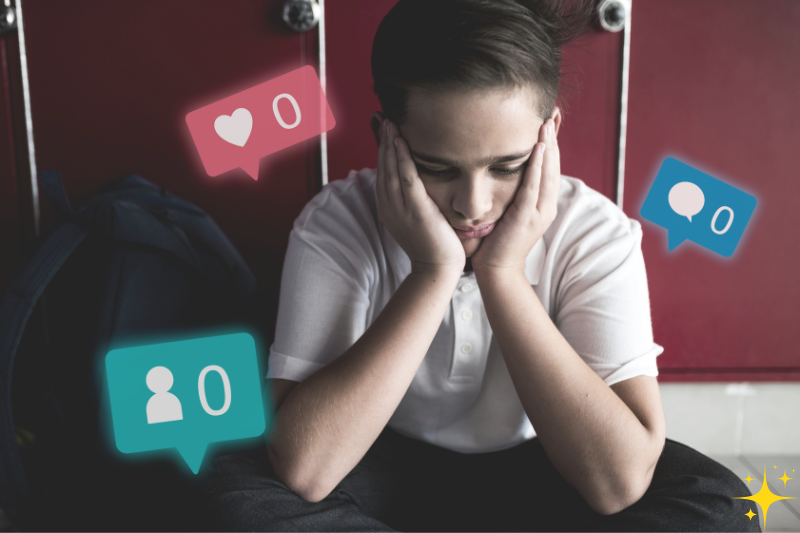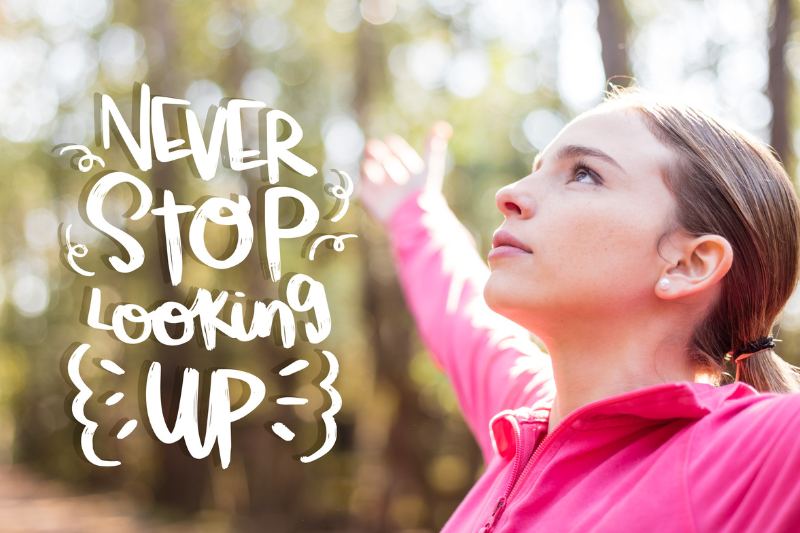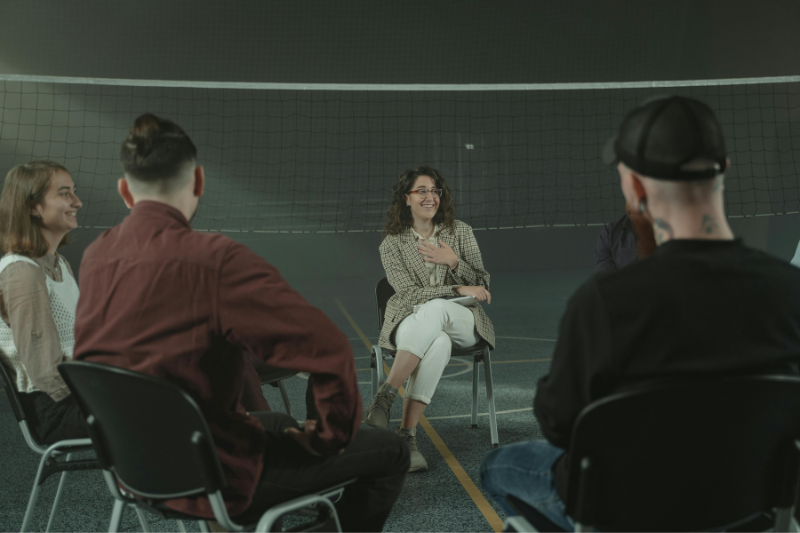Social media has changed how people relate to one another, communicate, and perceive the world over the last twenty years. Instagram, Facebook, TikTok, X (previously known as Twitter), and Snapchat are examples of social media that are now commonplace for billions of people worldwide. The rise of social media has had significant positive impacts, for instance, enabling people to communicate and connect with each other globally, spreading awareness, and even providing a platform where people can express themselves. However, these platforms have also raised serious concerns with the impact they have on individuals’ mental health. From feelings of inadequacy, anxiety, addiction to sleep disorders, social media and mental health has a deep and complex connection.
Everything about social media
The impact of social media arises from its prevalence in our daily lives. A statistic shows that the average person spends more than two hours a day on social media. For some, especially the youth, that number is far less. Social media is now more than just a click on a device; it is a lifetime connection to the virtual world through smartphones, tablets, laptops and more. This level of connection provides numerous advantages like being in touch with friends and accessing news instantly, but at the same time may alter their well-being, for better or for worse.
The Comparison Trap
The phrase that captures the mental health challenges resulting from the use of social media that is most commonly used is the tendency to compare oneself with others. This is because social media is mostly a highlight reel, a platform where people post the best parts of their lives, be it vacations, celebrations, accomplishments, or carefully crafted selfies. Few people post about their failures, insecurities, or even struggles leading to a distorted perception or reality. When people are fed images of others looking happy, successful, and attractive, they tend to question their own lives and spiral into feelings of inadequacy and low self-worth.
This one is especially damaging to teenagers and young adults whose identities and self-worth are still in the development stage, and is sometimes referred to as ‘comparison culture’. Social media, as an example, has proven to have a strong correlation to the rising levels of body dissatisfaction, especially in young girls. The neverending onslaught of beauty norms tends to give rise to unhealthy behaviors such as disordered eating, excessive exercise, low self esteem or even photo editing to change one’s appearance.### Anxiety and depression
Another important issue of concern is the impact of social media usage on anxiety and depression. Many researchers have found that people with higher social media usage tend to report increased symptoms of anxiety, depression, and even loneliness. This often happens due to exposure to a multitude of negative content or online bullying, social comparisons with other people, or even FOMO (the fear of missing out).
FOMO is a phenomenon that is highly prevalent in this day and age. The world has become a global village courtesy of the internet, and with social media’s popularity, anyone can now watch friends and influencers traveling or having the time of their lives. This also feeds anxiety as people start to believe that they are missing out on something. Social media influencers photograph and tape most captivating moments of their lives and post them on social media in order to attract views, likes, and comments. Most social media platforms use algorithms that sift through massive amounts of content and show users the content that appeals to them emotionally, and, unfortunately, FOMO-related content falls into this category.
Moreover, scrolling through social media feeds may substitute for meaningful social encounters. Ironically, while social media was designed to establish connections among people, excessive use actually makes people feel alone. These platforms are a quick and easy way to communicate, which leads to a deterioration of social skills. For those who already suffer from social anxiety, spending more and more time online and having fewer real-life interactions can greatly increase feelings of loneliness.
The Effect on Sleep
Sleep is very important for a person’s mental wellness, and social media affects it negatively in several ways. To start, the blue light given off by screens can interfere with a person’s circadian rhythm which helps them to fall asleep and stay asleep. In addition, the neurological stimulation provided offshore media, especially emotionally charged or upsetting social media content right before sleep, can lead to more anxiety or intrusive thoughts which makes sleep impossible.
Sleep deprivation can affect mental health in a severe way and is usually linked to poor concentration, poor self-control, and worse symptoms of depression and anxiety. Social media is especially popular among adolescents and studies suggest heavy social media use may have harmful effects in this population. The developing brain has more need for sleep than adults and is more easily impacted by these issues. Many teens admit to staying up late with their phones beside them, often mindlessly checking notifications, scrolling through social media, or at times using it to soothe themselves.
Cyberbullying and Online Harassment
The most common social media platforms have a negative impact on one’s mental well-being. Unlike conventional bullying, the perpetrator does not need to be in the same location as the victim for cyberbullying to occur. As a result, the victim is unable to find relief through the conventional escape, which is leaving the environment or going to a safe place. Words and actions such as online shaming, group exclusion, and public humiliation are damaging to an individual’s mental well-being and self-worth.
However, without the internet, a number of individuals would not harass others. This form of bullying is easy to do, will not have people confronted to do face to face interactions, leads to crushing emotional devastation to the victim, and leaves permanent marks on the harasser’s soul. Individuals who undergo cyberbullying have severe mental, emotional, and psychological repercussions. The effect is heightened on adolescents, who, despite being more technologically astute, often fall prey to this form of harassment. Survey results also suggest that a considerable portion of young adults report being bullied as teenagers.
The Addictive Nature of Social Media
Different social media applications have differing functions, but all focus on maximizing the amount of time a user uses the application, leading to unwanted behavior of addiction. This phenomena is created by the application itself, which contains infinite scrolling and advertising notifications, as well as algorithm-produced content suggestions tailored to the individual user. The brain’s pleasure pathways receive a charge of dopamine—the happiness and reinforcement chemical—whenever the user receives any form of attention, such as likes, comments, or even followers.
This feedback loop may result in compulsive behavior, where people feel the need check social media multiple times even if it stops them from doing productive things like working, going to school, or even socializing. This behavior can result in diminished focus, increased stress, and reduced productivity over time. For some, this can worsen to the point of needing therapy or some form of treatment to control what could be a behavioral addiction.
The Positive Side: Support and Community
Focusing on the negatives may be the common trend, but it’s also important to highlight the advantages social media gives, especially when used intentionally. Social media, especially for those struggling with mental health, acts as a supporting community. Social media becomes extremely beneficial by allowing individuals to join groups and open forums where sharing resources and relatable experiences helps people realize they are not battling their problems alone.
Social media has also made it easier for mentally ill individuals to become aware of their condition. Healthy practices along with education has been made easier through influencers and professionals that focus on removing the stigma surrounding mental illness. Individuals who lack accessible mental health services in their community can benefit from social media as it provides an abundance of supportive information.
Moreover, users can manage stress in healthy ways through art, writing, or video and emotion place and navigate their emotions. These platforms can promote growth and expression when used in a healthy manner.
Balance Approach
Considering the pros and cons of social media, the most pivotal determinant of optimal mental health hinges on the usage of the platforms. They can be detrimental but finding a balance mitigates the damage and promotes the constructive advantages of social media. Here are a few of many pieces of information that can help cultivate healthier use of social media:
- Set Time Limits: Utilize timers in the app or screen time trackers to limit daily social media usage.
- Curate Your Feed: Follow positive, educational, or motivational accounts. Unfollow or mute emotionally distressing accounts that encourage negative comparisons.
- Be Intentional: Try to use social media with specific goals instead of out of boredom or habitual reasons and aimless scrolling.
- Take Breaks: Leaving tech for a few hours or even a few days can help rejuvenate your mental state.
- Avoid Social Media Before bed: Replace screen time near bedtime with sleep to improve rest.
- Don’t Be Afraid to Get Help: If social media is a contributing factor to your anxiety, depression, or any other mental health issues, be sure to talk to a mental health professional.
Conclusion
Social media has both positive and negative impacts on mental well-being. On one hand, it allows for connection, self-expression, and support. On the other hand, it can lead to addiction, anxiety, and low self-worth. The effect social media has on wellness differs based on an individual’s mental and emotional strength, how the platform is used, and the content being consumed.
People can enjoy the benefits of social media while protecting their mental health by understanding the dynamics of social media, taking proactive steps towards cultivating a healthier relationship, and setting boundaries. As technology continues to develop, focusing on digital literacy and mental wellness will be essential to help users balance the challenges and possibilities brought forward in this social media era.



